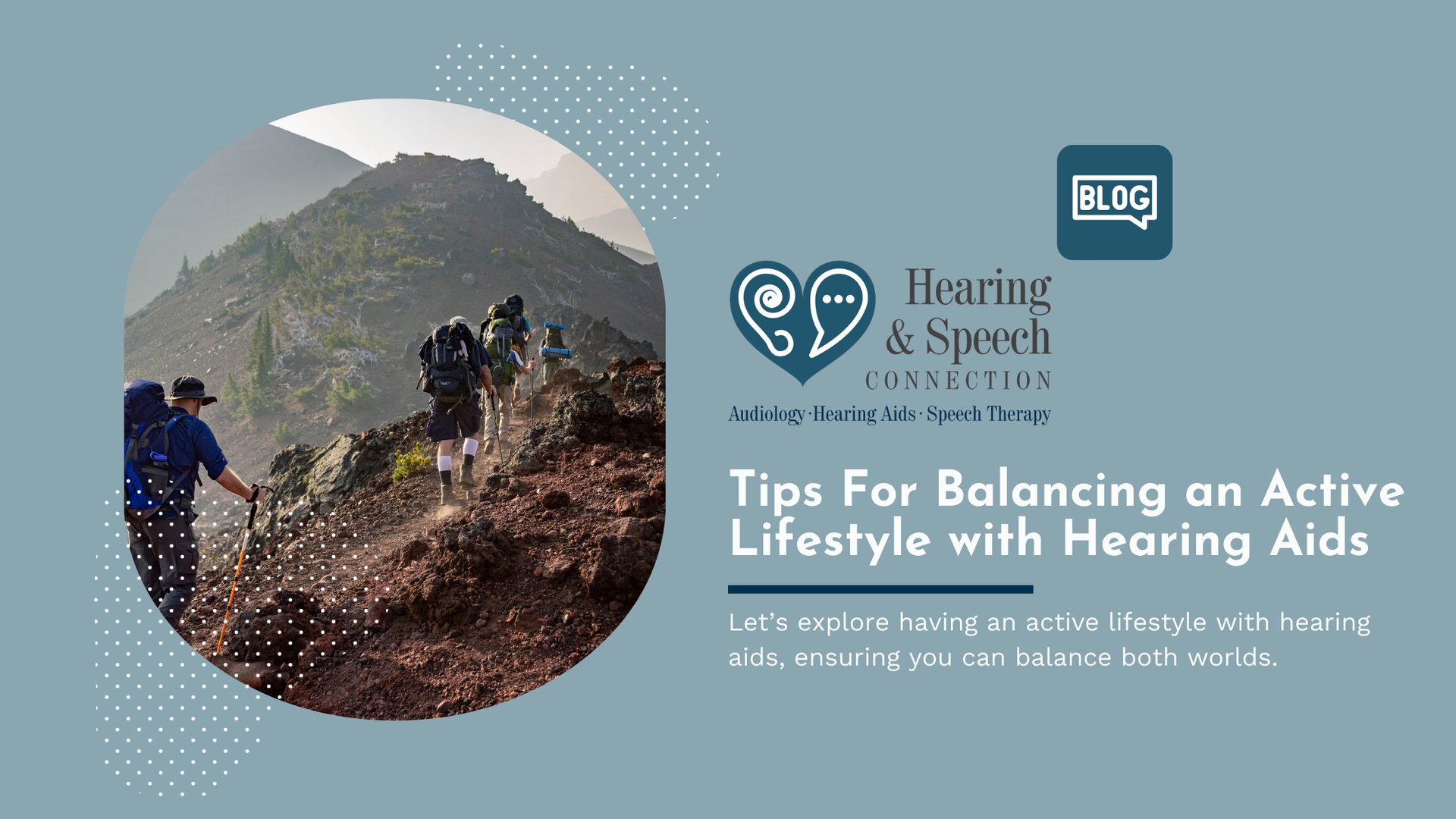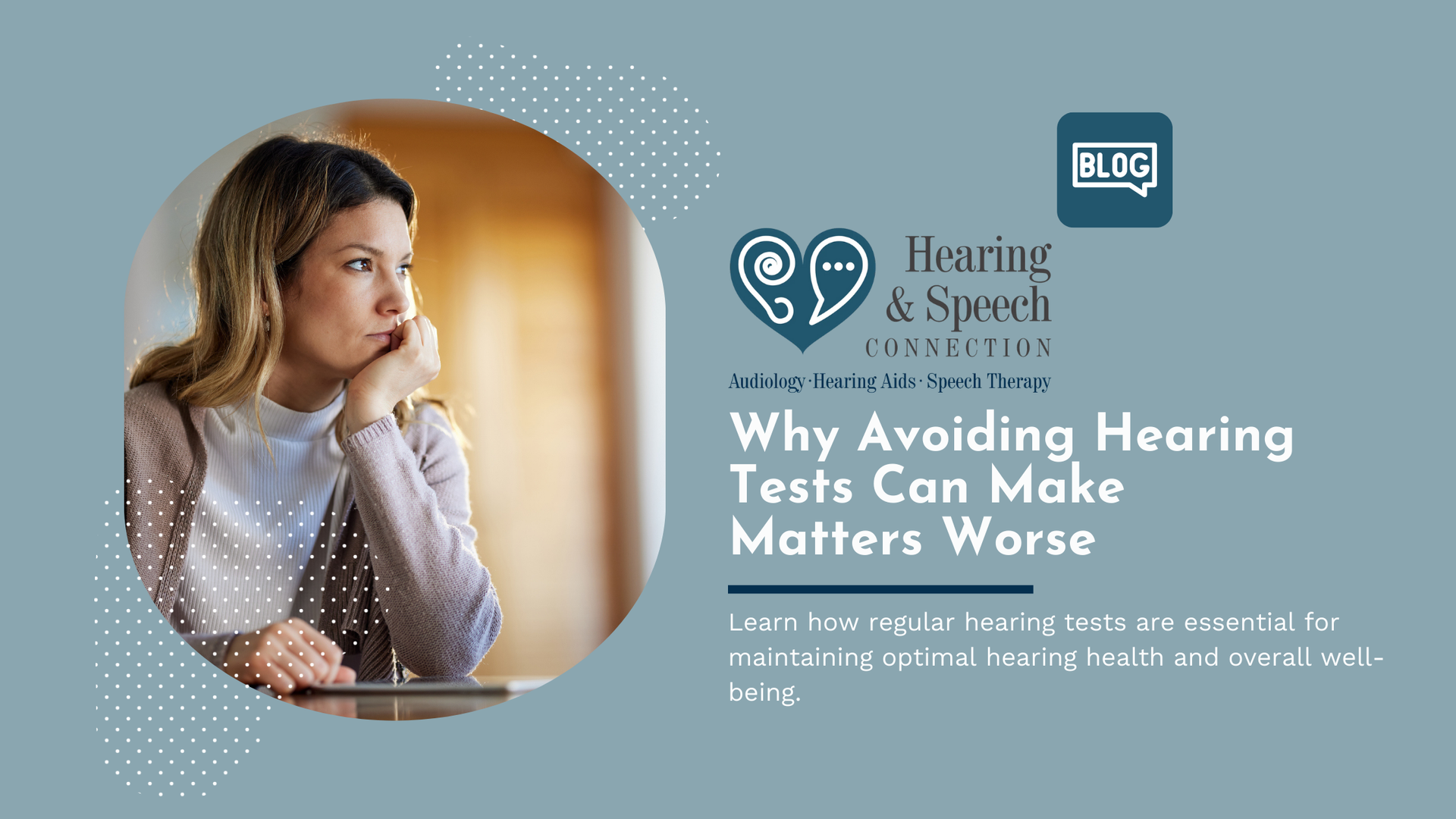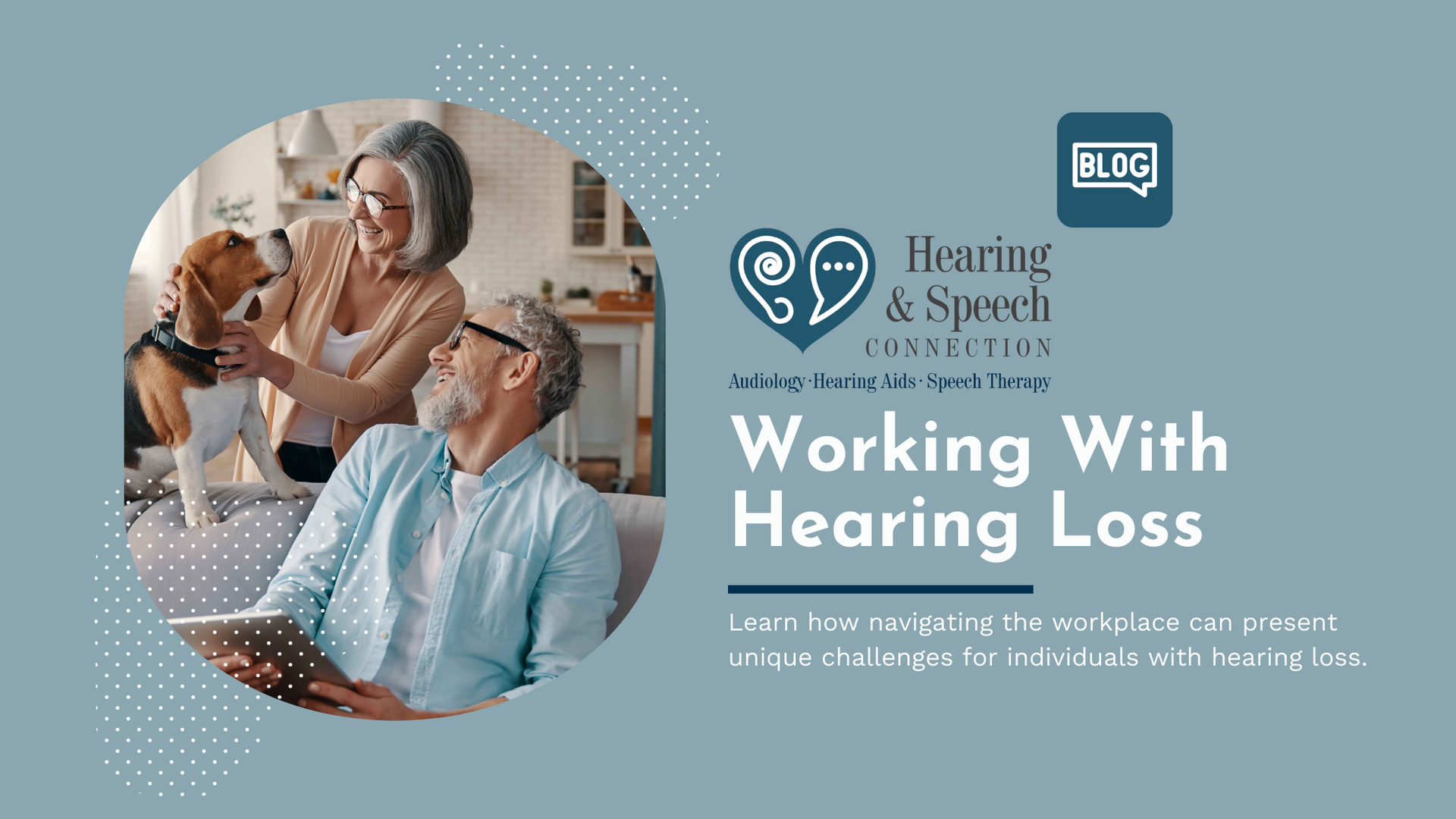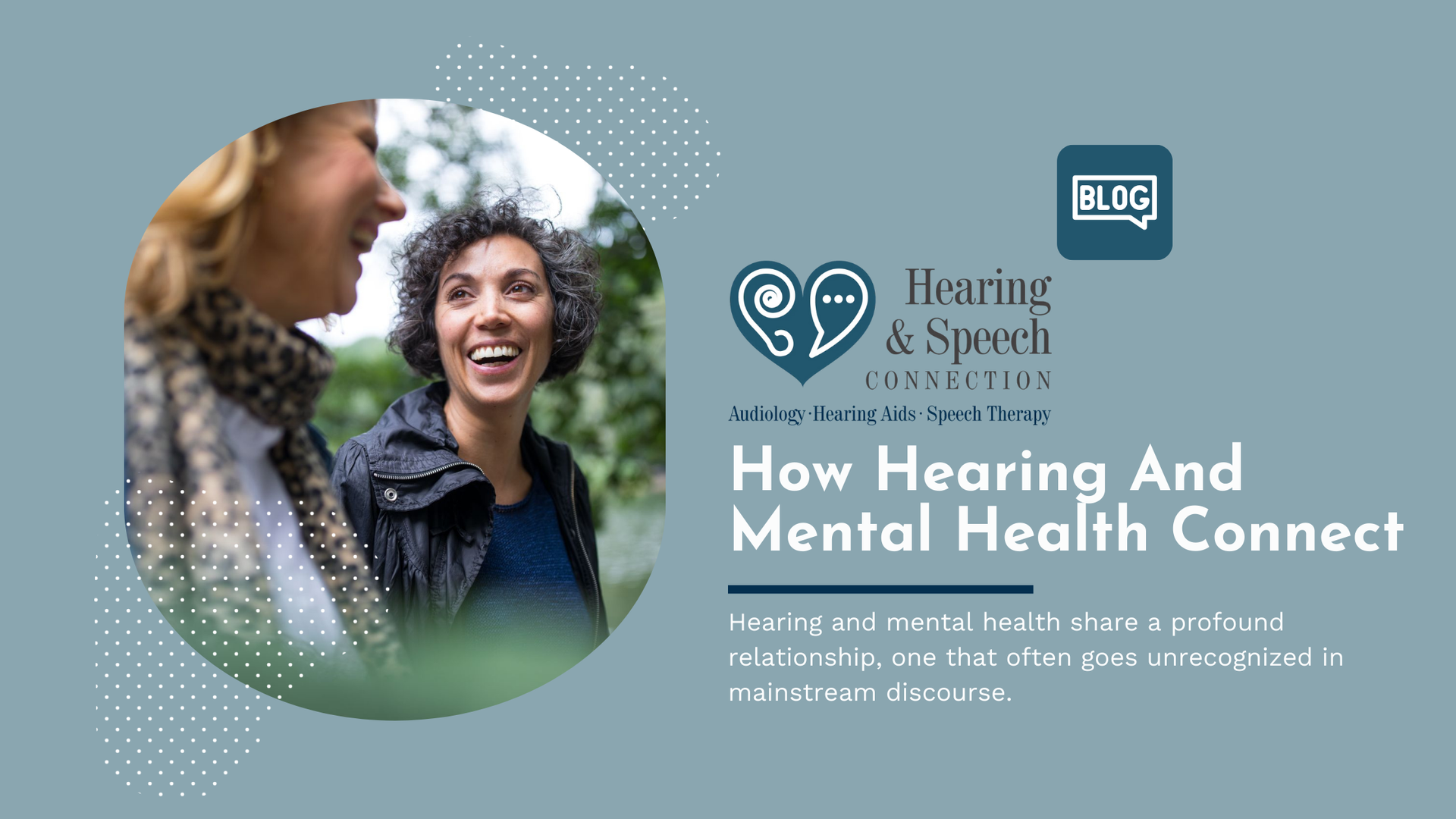Hearing Loss – Cognitive Decline
Do you have trouble hearing? You might think it makes it hard to hear, but it’s much worse. Hearing loss that isn’t treated can make it hard to talk to people, leading to fights at home and work. Over time, ignoring or not getting help for a hearing problem can lead to long-term depression, anxiety, and feeling alone.
Even scarier, researchers are finding information that shows a link between hearing loss and a loss of brain function and even dementia.
The more severe the hearing loss, the higher the risk of cognitive decline.
A study from Boston, MA’s Brigham and Women’s Hospital and Harvard Medical School looked at data from a health study that took place over eight years and involved more than 10,000 people. Based on the data, the study found that hearing loss can lead to cognitive decline, and the risk is higher the worse the hearing loss. Decibels are used to measure hearing loss. Hearing loss up to 20 decibels below the hearing threshold is still considered normal, but anything above this means you have some degree of hearing loss.
Levels of hearing loss
- Mild: Hearing loss of 20 to 40 decibels is called mild hearing loss. You might have trouble hearing some quiet voices and children, and you might also miss consonants. You may find yourself sometimes asking people to repeat things.
- Moderate: You can hear, but you don’t always get what is said. Some consonants and vowels are hard to hear or not there at all. Hearing loss of 41 to 60 decibels is called moderate hearing loss.
- Severe: Hearing loss of 61 to 80 decibels is considered severe. You can’t hear speech if you don’t have hearing aids or cochlear implants.
- Profound: Hearing loss of more than 81 decibels is called profound hearing loss. Those with this level of hearing loss are close to deaf and can’t hear sounds like engines, traffic, or airplanes.
Hearing-loss patients show ‘subjective cognitive decline’ .
There are a few ways to measure cognitive decline. People take a lot of tests that check their memory, language skills, and ability to recognize things. On the other hand, ‘subjective cognitive decline’ is measured by how a person thinks their cognitive function is getting worse. It is subjective based on what the person says about themselves.
People often notice these changes in themselves, which are signs of cognitive decline that standard tests miss. The Harvard study found that people with mild hearing loss had a 30 percent higher chance of subjective cognitive decline than people with no hearing loss. But for people with moderate to severe hearing loss, the risk quickly increased to between 42 and 54 percent more than for people without hearing loss.
Dr. Sharon Curhan, the lead author of the study and a doctor and epidemiologist, says, “Our results show that hearing loss is linked to new-onset subjective cognitive concerns, which may be a sign of early-stage changes in cognition.”
Cognitive decline leads to Dementia
As cognitive decline worsens, it can lead to dementia, a group of diseases that affect at least three cognitive functions, such as memory, behavior, and attention, and get worse over time. At the moment, at least 50 million people are thought to have this disease, and it is feared that this number will go up over the next 30 years if things don’t change. Dementia can only be treated, not cured, so it’s important to find it as soon as possible.
Hearing loss is a risk factor for dementia that can be managed.
The World Health Organization (WHO) has found several things about a person’s lifestyle that can be changed to lower the risk of dementia. The treatment of hearing loss is one of these things. When we lose our hearing, we start to miss words and sentences. Our brains have to work hard to fill in the blanks. It also causes our brains to overcompensate for what they can’t hear by taking over tasks usually done by other parts of the brain.
Over time, if hearing loss isn’t taken care of, the parts of the brain that aren’t being used because of hearing loss can shrink or waste away, which can lead to dementia.
Treating hearing loss
By making the sounds, we may have lost louder; treating hearing loss can lower the risk of dementia. The more likely you can lower this risk, the sooner you notice a hearing loss. Set up an appointment for a hearing test today and help fight against dementia.
The post Hearing Loss – Cognitive Decline appeared first on Hearing Connection.




All Rights Reserved | Hearing Connection
